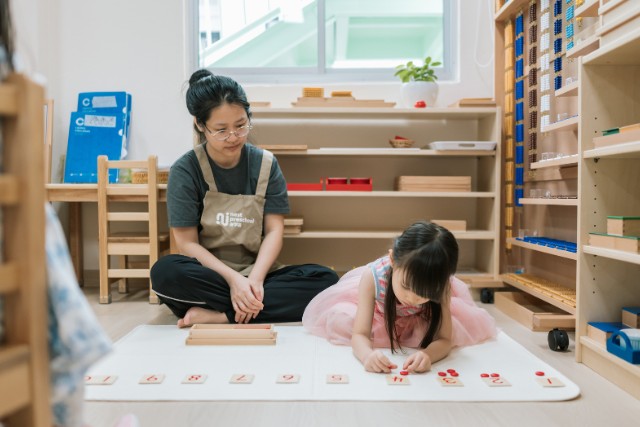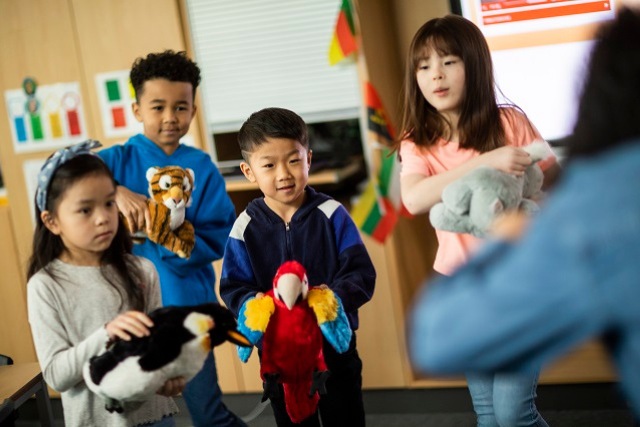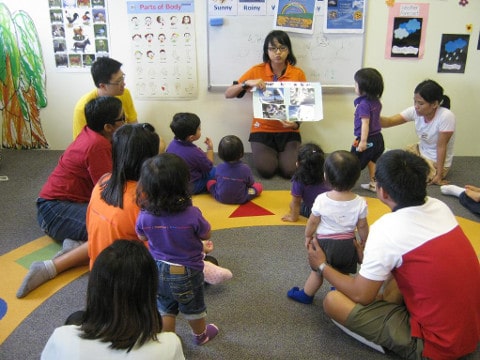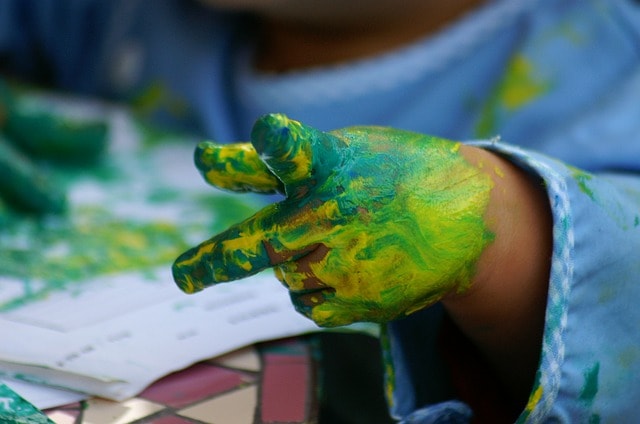Children spend an average of seven to eight hours each day, five days a week at childcare centres. This means during the week, they spend more time with teachers and the school staff as compared to their parents. Perhaps this is why sending children off to school, especially for the first few months, can be quite a challenge and daunting experience for the parents. They have to learn to let go, leave their children in the hands of a stranger, and realize that whatever happens inside the school is no longer within their control.
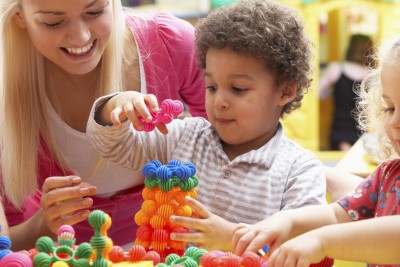
Ensuring a positive childcare experience is based on a pro-active tripartite relationship between the child, parent and teacher, although the bulk of it depends on the teachers and parents. Without one, there would be miscommunication and lack of understanding on various issues ranging from discipline to meeting expectations.
Reflecting on the My First Skool incident, where a three-year-old boy was injured due to the mishandling of a part-time teacher, initial reactions from the public crucified the teacher who was sacked and arrested. However in days after the news broke, parents of other children at the childcare centre came forward to defend the teacher.
My First Skool has since extended help to the child and his parents, including covering all medical expenses and transferring him to a nearby My First Skool centre. A dedicated line (6634 9989) has been set up to address concerns from parents. However, it is not just the role of the organisation and the teachers to ensure these measures are implemented effectively, parents do have a part to play as well.
What can parents do to ensure a happy and conducive environment for their child at school?
Parents play a role too
As parents, it is natural for our maternal and paternal instincts to kick in. The first reaction would be to stand up for the boy and condemn the teacher’s behaviour. However, was it the fault of the teacher and the teacher alone? Now that the teacher has received her due punishment, what’s next? Do we condemn all childcare teachers and the organisation that the teacher has worked for? Instead of always looking outwards, why not look within?
Here are some questions we parents can ask ourselves:
- Am I a pro-active, or reactive parent?
- Have I been making effort to find out from my child, and from the teacher what is happening in school?
- How can I work harmoniously together with my child’s teacher, to ensure my child’s day at school is safe and enjoyable?
Pro-active or reactive?
We all react to situations and changes, be it good or bad. Should we hear the other side of the story as well? Did we make the effort to communicate and find out what was the root of the issue or seek to clarify from the relevant parties? Other than just reacting to the situation, is there something that we can do more?
Communication is key
Most misunderstandings and wrong judgments are caused by a lack of communication. If our child comes home to tell us a story about a bully incident, seek the teacher’s side of the story first, or from another party. If you are unhappy or uncomfortable with something the teacher did, speak to her in person privately and find out what was her rationale behind her action.

Reinforcing at home
Although teachers spend about 35 hours per week with your children at school, it is difficult to enforce rules and lessons learnt in class if parents do not enforce them back at home. Besides knowing what is being taught academically in school, it is also important to find out from the teacher what are her classroom rules, what are the values she advocates. If your child is being bullied at school, speak to the teacher about it. But do not leave it there.
Mrs Chen Shu Hui, a mother of one, shared how her son’s school principal and teacher’s cooperation and effort have helped her to overcome the biting incidents in her son’s class.
“I send my son to My First Skool (MFS) infant care at Ang Mo Kio. His 15-month schoolmate kept biting other children in school when he is hungry or frustrated, including my son. I complained to the school principal about this matter. She took immediate action by discussing his biting behavior with the teacher and the boy’s parents, and called me late at night on the same day to assure me of the action plan. The centre and boy’s parents would both tell the boy that biting is wrong, and introduce and teach him other coping strategies both at school and at home to reinforce the message.”
It takes two hands, or maybe three (child, parent and teacher) to clap.
At home, teach your child some self-protection strategies and consistently remind them about them. For example, if they know Child A is prone to biting and hitting other children, instead of always going to the teacher for help, tell your child to distance him/herself away from this child and play with other children for the time being. And if your child is the biter, it is important to reinforce the same message in school at home; that biting is an inappropriate way to express oneself.
Trust the teachers
We cannot learn if we do not learn to trust. By the nature of their job, teachers are entrusted with the responsibility of not only teaching but nurturing and grooming children’s lives. Although the responsibility of building and earning the trust of parents (and the children) lies in the hands of the teacher, family co-operation also plays a part in the child’s development. Ms Geraldine Teo, a Curriculum Development Specialist at NTUC First Campus, shared her story of a weak, undernourished 16-month old toddler who could not walk or talk like his peers. “… he was almost like a little puppy in the house, wandering freely. And she (Grandma) would just come back to see which part of the house he was in.”
Related Video:
It turned out that the toddler’s mother was in prison and his grandmother, the sole breadwinner, had no choice but to leave him unattended at home every day when she went to work. Upon being alerted to the toddler’s dire situation, NTUC First Campus accepted him into one of their centres although he was 2 months younger than the entry age of 18 months.
The teachers also worked with the grandmother to encourage her grandson to walk and talk, which made a difference to her grandson’s development and helped him to catch up with his peers.
Show some appreciation
Teachers have many children demanding their time and attention every day in the classroom. Imagine handling not one or two, but ten to fifteen children each day. How do you feel when your child throws a tantrum at home? Now multiply that by two or three times. Not once a week, but every day. That’s what a teacher may have to go.
So a small gesture, be it a small gift, a ‘thank you’ note, or some kind words of encouragement, will go a long way and definitely make a teacher’s day.
A positive parent-teacher partnership can make a significant difference in your child’s education. Although there have been past incidents that have not reflected well on preschool teachers, we should move beyond these standalone cases, and not let our judgment of one negative action of a teacher affect our perception of preschool teachers as a whole.
If parents do not step out to show their support and encourage teachers of their work, who will?
* * * * *
What are your thoughts and views? Share your comments with us!
Running a service or business targeted for parents? Reach out to a wider audience in our Best Preschools compilation. Leave your contact details here and we will get in touch with you.













